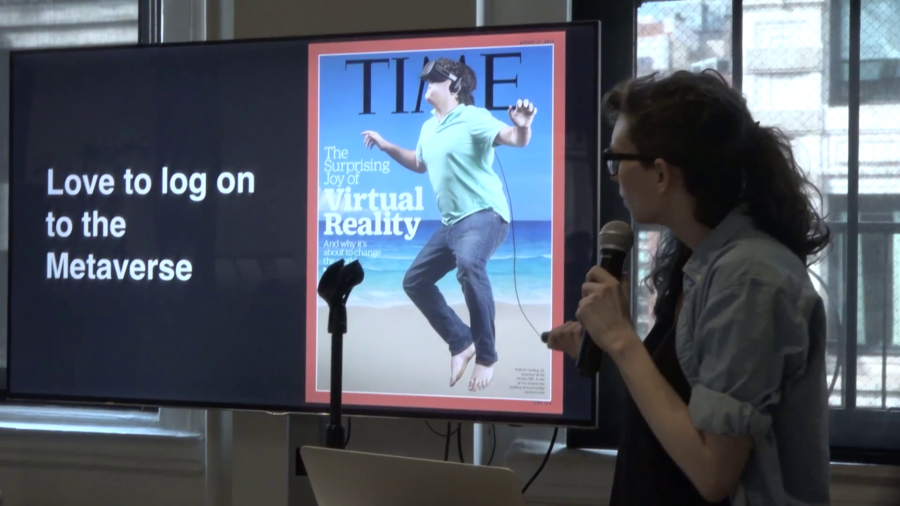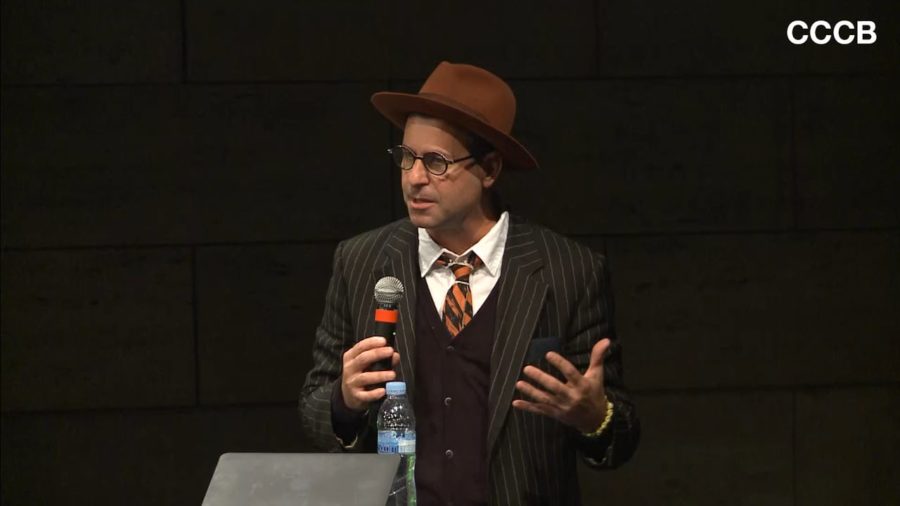So here’s what happened. If you tell people you’re going to have this super-open, absolutely non-commercial, money-free thing, but it has to survive in this environment that’s based on money, where it has to make money, how does anybody square that circle? How does anybody do anything? And so companies like Google that came along, in my view were backed into a corner. There was exactly one business plan available to them, which was advertising.
Archive

I’ve been trying to get as many weird futures on the table as possible because the truth is there are these sort of ubiquitous futures, right. Ideas about how the world should or will be that have become this sort of mainstream, dominating vernacular that’s primarily kind of about a very white Western masculine vision of the future, and it kind of colonized the ability to think about and imagine technology in the future.

I think that what I want to say is that the polemics around the discourse of the Web are too binary. I think that one of the problems that we have in theorizing the Web is that we tend to moralize it in binaries. I get it. It’s bad. The Web is bad for you. Or the sort of free culture is always like, “It’s really good. It’s great. Free culture is great.” It’s neither.

